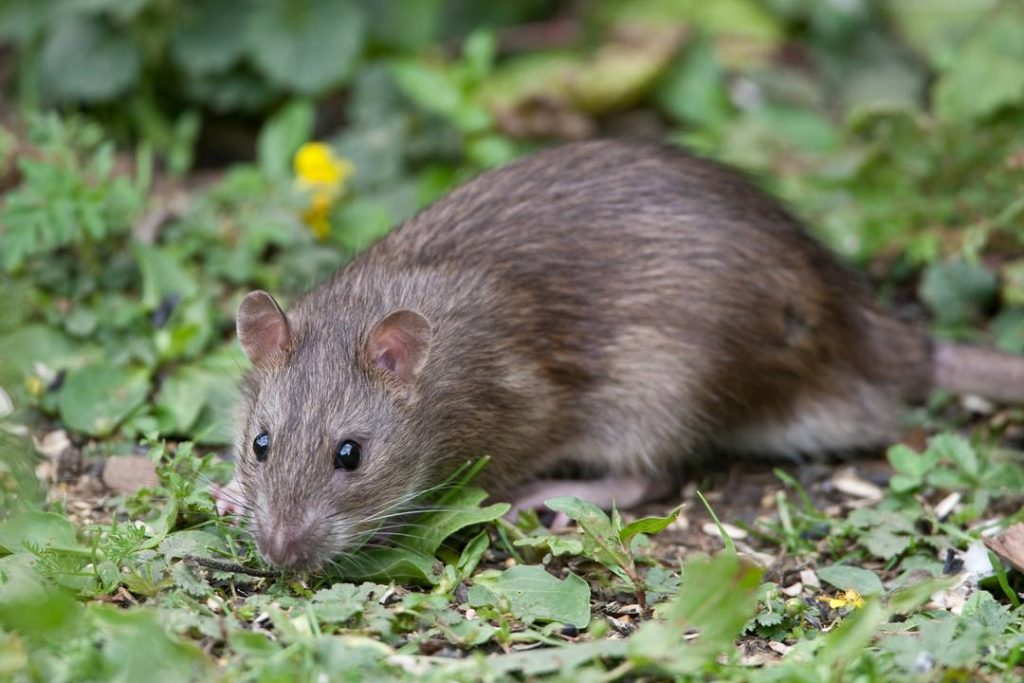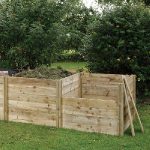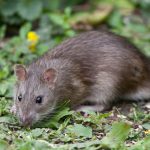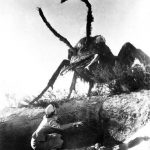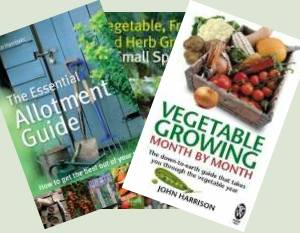There’s a rat in the compost, what am I gonna do! (apologies to UB40)
I was asked if it was safe to use compost on vegetables from a heap where there had been rats.
I’ve heard it said that you’re never more than 10 feet from a rat in the city and there’s quite a few in the countryside too. Rat’s are very common in compost heaps, there’s food to eat, warmth and it’s easy to burrow in and make a nest.
If you keep poultry and aren’t careful to clean up any spilled food, you will find rats taking advantage. Their teeth are sharp and never stop growing, so great for gnawing their way through plastic and wooden food stores. Always store poultry feed in metal bins or, as I do, an old chest freezer.
Will Rats Attack You?
Now despite what you may have read in horror stories, rats won’t attack you. They are far more scared of you than you might be of them. Amazingly rats can sense if you mean them harm or are scared of them.
If, like me, you’re happy to live and let live then they can be almost tame. I used to have long chats with Ben the Rat as he sat on top of my compost heap and I swear he was listening! Then again, most anyone who knows me will tell you I’m a bit barmy.
Weil’s Disease
There is one problem you do need to be aware of with rats. Their urine often carries a bacterial leptospira disease called Weil’s Disease. Incidentally the other major carriers are mice, cattle, pigs and dogs whose urine also often carries Weil’s Disease. Their blood can also contain the disease.
According to the NHS:
“In 90% of cases, leptospirosis only causes mild flu-like symptoms, such as headache, chills and muscle pain.
However, in some cases the infection is more severe and can cause life-threatening problems, including organ failure and internal bleeding. In its most severe form, leptospirosis is also known as Weil’s disease.”
The highest risk is to farmers and vets who are most likely to come into direct contact with infected urine or blood. The next level of risk is from contaminated water to fishermen, water sports enthusiasts etc. Finally there is small risk of catching Weil’s Disease from contact with soil.
Leptospira can live up to several months in water and plays an important role as a source of transmission of leptospirosis. Spira needs an optimal environment to live and to reproduce such as a moist atmosphere, temperatures around 25˚C, and pH near neutral (±7).
Dry weather conditions, strong sunlight, water and soil pH outside the range of 6.2 to 8.0 do not support the growth of Leptospira
Levett, P.N. (2001) Leptospirosis. American Society for Microbiology. Faine, S., Adler, B., Bolin, C. and Perolat, P. (1999) Leptospira and Leptospirosis.
To put the risk into context according to the NHS – Leptospirosis or Weil’s Disease is rare in the UK, with less than 40 cases reported in England and Wales every year. Many cases originate overseas and the condition is rarely fatal.
That compares with around 1700 people killed in road traffic accidents each year.
The risk of contracting leptospirosis (Weil’s Disease) in the UK is so low you don’t need to take drastic measures to avoid the condition.
Can you use compost that has had rats in?
Keep in mind that if the rats have been living in the heap the soil will have their urine in it and this is probably contaminated. It is probably a good idea to wear gloves when handling it, especially if you have cuts or grazes.
Once the compost is applied to and mixed with the soil, the level of bacteria will drop and the vegetables grown in it will be safe to cook and eat as normal.
More on Composting
How to Make Compost
How To Build a Compost Bin
How to Build Compost Bins from Pallets
Using Paper & Cardboard in Compost
Rats in the Compost Heap & Weil's Disease Safety Concerns
Ants in the Compost Heap

